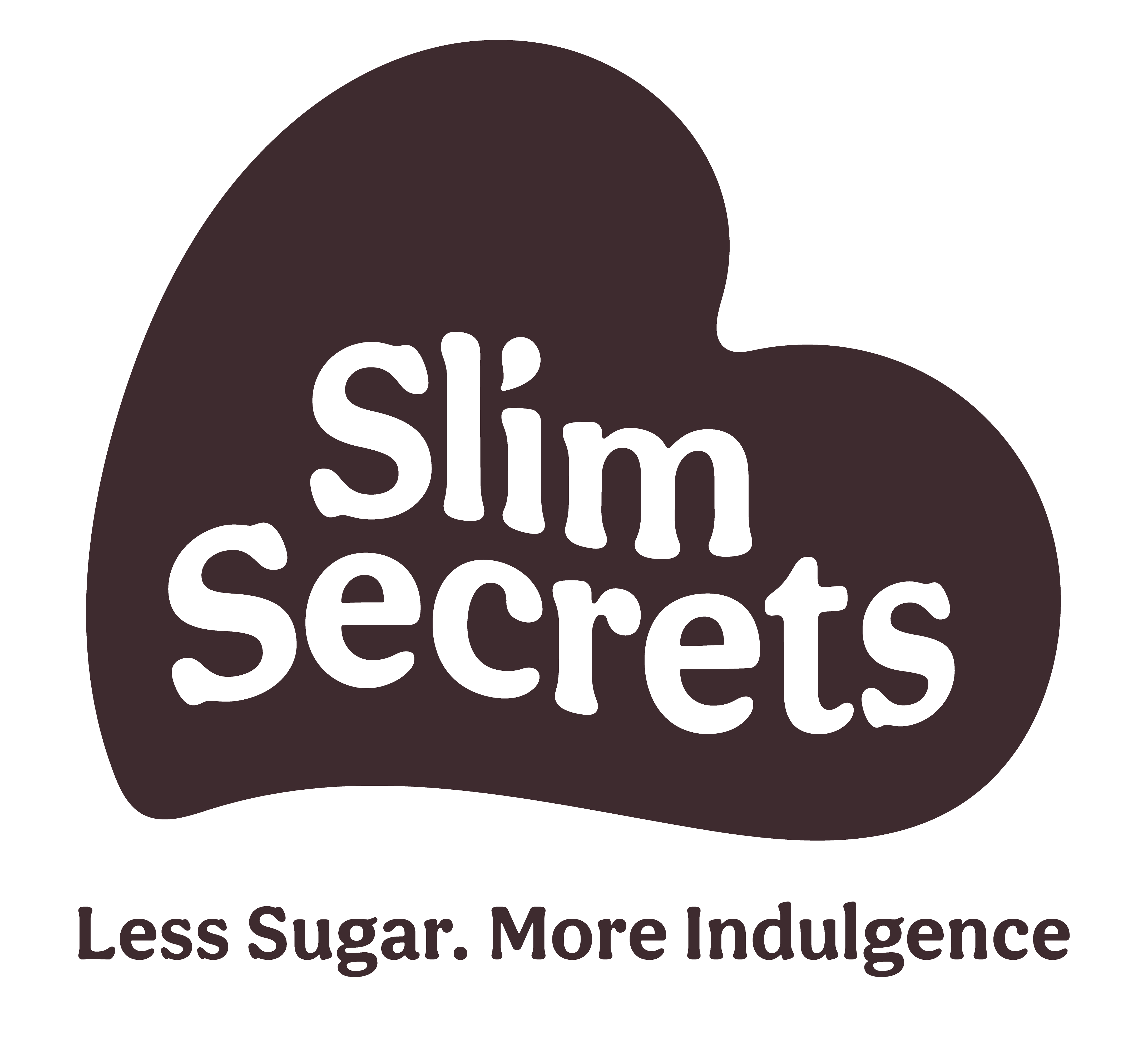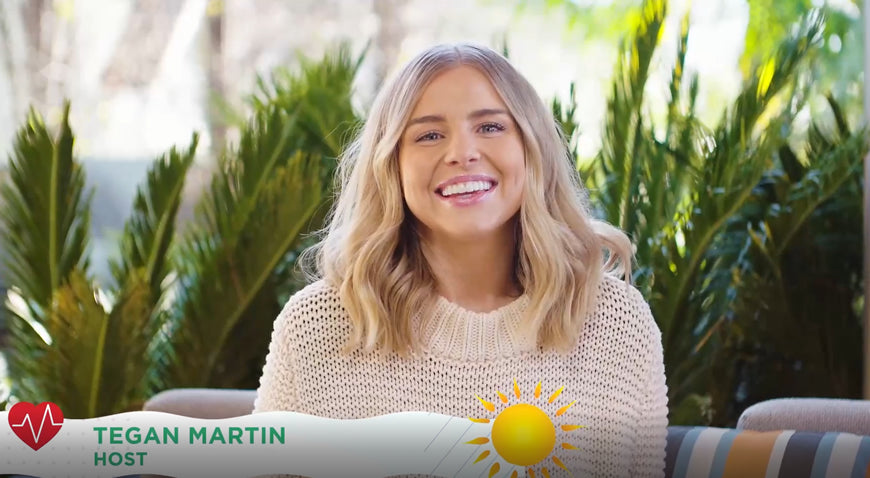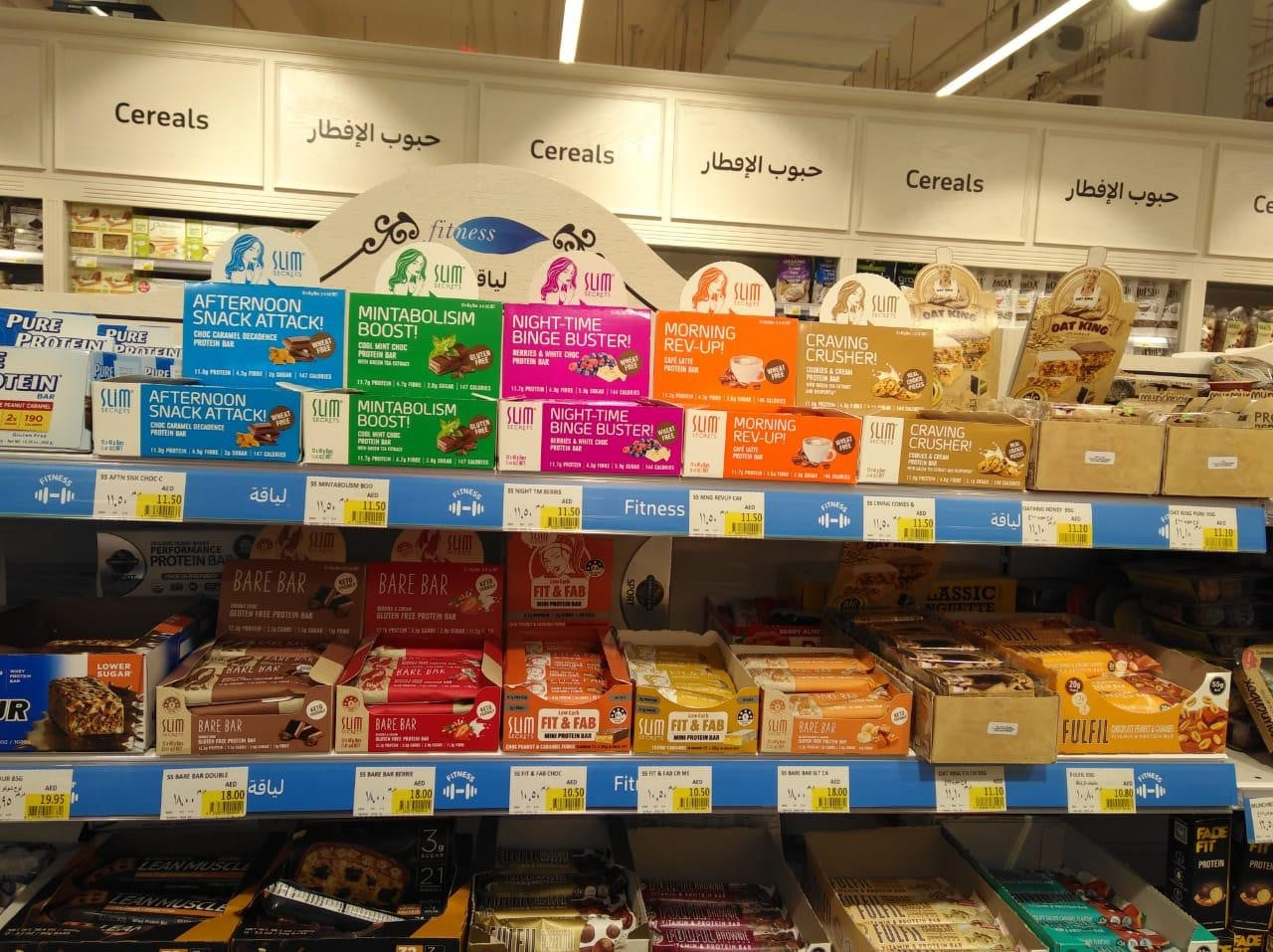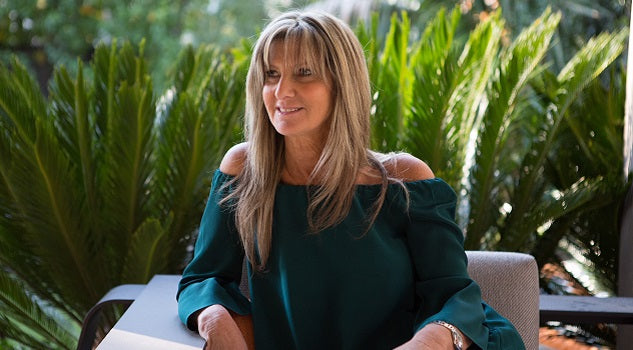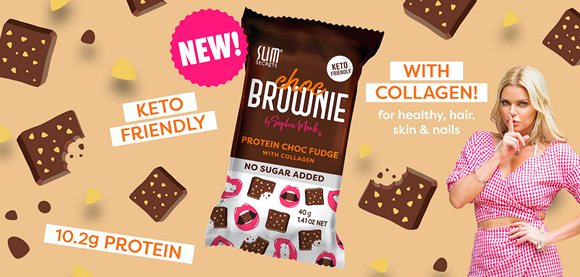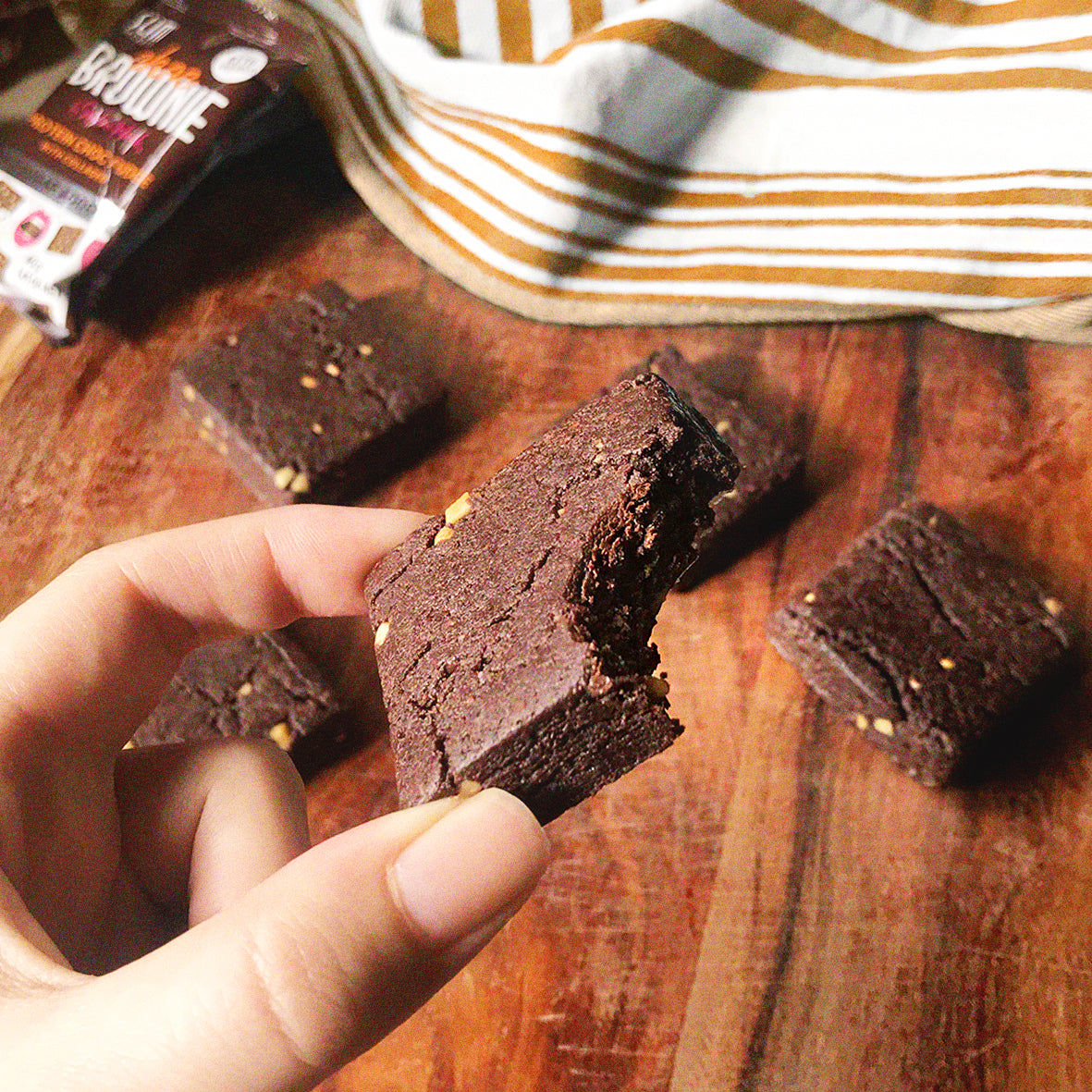
-
Something's Fishy!
- Salmon was at one time avoided in favour of white fish or sole, due its higher fat content. However, once we understood the value and benefit of the essential "Omega 3 fatty acids" present in salmon and other oily fish, it was back on the plate. Salmon is also high in protein, low in cholesterol and contains other essential vitamins... The Australian Dietary Guidelines advise eating one or two fish meals per week for good health. The good news is that FSANZ has found it is safe for all population groups to eat 2-3 serves per week of most types of fish. There are only a few types of fish, which FSANZ recommends limiting in the diet - these are billfish (swordfish / broadbill and marlin), shark/flake, orange roughy and catfish.
FSANZ advises that pregnant women, women planning pregnancy and young children continue to consume a variety of fish as part of a healthy diet but limit their consumption of certain species.
- Salmon was at one time avoided in favour of white fish or sole, due its higher fat content. However, once we understood the value and benefit of the essential "Omega 3 fatty acids" present in salmon and other oily fish, it was back on the plate. Salmon is also high in protein, low in cholesterol and contains other essential vitamins... The Australian Dietary Guidelines advise eating one or two fish meals per week for good health. The good news is that FSANZ has found it is safe for all population groups to eat 2-3 serves per week of most types of fish. There are only a few types of fish, which FSANZ recommends limiting in the diet - these are billfish (swordfish / broadbill and marlin), shark/flake, orange roughy and catfish.
-
Crank Up the Calcium!
- Women of all ages need enough calcium in their diets to build and maintain strong bones. Milk and yogurt are 2 ways to get your calcium. Calcium-rich foods that are also good sources of magnesium (and other nutrients) go a long way to supporting bone, and heart health. Magnesium is the nutrient that plays an important role in the creation of new bone; so think about seeds and nuts as healthy additions to a wholegrain cereal. Calcium, magnesium and potassium are alkalising minerals.If you feel you need to supplement with calcium, remember that calcium should be taken with magnesium in a 2:1 ratio. This is because calcium and magnesium require each other for proper absorption, and utilisation in the body. So, if you supplement with 500 mg of calcium, you need to take 250 mg of magnesium at the same time. eVitamins has the best range of vitamins and supplements and a very comprehensive website to help you determine your needs.
Save 20% - 70% On Health Products At eVitamins!
- Women of all ages need enough calcium in their diets to build and maintain strong bones. Milk and yogurt are 2 ways to get your calcium. Calcium-rich foods that are also good sources of magnesium (and other nutrients) go a long way to supporting bone, and heart health. Magnesium is the nutrient that plays an important role in the creation of new bone; so think about seeds and nuts as healthy additions to a wholegrain cereal. Calcium, magnesium and potassium are alkalising minerals.If you feel you need to supplement with calcium, remember that calcium should be taken with magnesium in a 2:1 ratio. This is because calcium and magnesium require each other for proper absorption, and utilisation in the body. So, if you supplement with 500 mg of calcium, you need to take 250 mg of magnesium at the same time. eVitamins has the best range of vitamins and supplements and a very comprehensive website to help you determine your needs.
-
Green Power!
- Broccoli for example is not only a good source of calcium, potassium and B vitamins; it contains plant substances called sulphurophanes. These plant chemicals are cancer-protective and help the liver process and clear any excess oestrogen. Nowadays we don't just produce oestrogen internally, but we are exposed to it in the environment in the form of oestrogen-like chemicals found in plastics, tap water and other insidious places. Excess oestrogen causes weight gain, hormonal imbalances, night sweating, and presents an increased risk of fibroids, breast cysts, breast cancer and endometriosis.
-
Water me please!
- Water is a nutrient and the fact is we need it... and plenty of it. Certainly, water may be one of the best tools in the weight loss game. It not only suppresses the appetite, but helps the body metabolise stored fat. Water keeps the body's tissues well hydrated, so if you want smooth, line-free skin for as long as is naturally possible... drink up!
-
Soy Good!
- Soya foods (including beans, tofu, Soya milk & yogurt, soy sauce, Tamari and Miso) are the richest food sources of phytoestrogens (and of course soy protein). The natural plant substances - phytoestrogens - are now thought to be beneficial in maintaining bone density, as well as being the best "alternative" to HRT when many women need hormonal support as they enter menopausal years. Tofu, milk, and yogurt are also great calcium sources. All these foods can help a woman significantly lower her bad cholesterol (LDL) and raise the good (HDL) cholesterol. Tofu is a great source of low-fat, vegetable protein, best used in a vegetable stir-fry with soy sauce, and brown rice. Slim Secrets bars are also a great source of soy protein and taste great!
-
Iron it out!
- Women need to eat more iron-rich foods. Getting iron from food (as opposed to a supplement) is by far the best way to get the correct amount of iron the body needs and can absorb. Lean red meats and dark poultry are the ideal food sources of iron. Unfortunately that doesn't help much if you are vegetarian or one of the many women who avoid red meats. In this case, think about eating more of the following iron-rich foods... lentils, dried apricots, beans, spinach, enriched wholegrain cereals, pumpkin seeds, and oysters! If you do need to take a supplement please go to eVitamins for the best supplements on the market.
-
Flax those muscles!
- Flax seeds (or linseeds) and flax seed oil have so much to offer women. For starters, flax is full of "essential" Omega 3 fatty acids (EFA's), which help to balance women's hormones, protect a woman from heart disease (the leading cause of premature death among women) and the pain of arthritis. The dietary fibres in flax are called lignans, which contain phytoestrogens, currently being researched and showing promise in cancer prevention. Lignans are also thought to have antioxidant properties. The best way to get the benefit of the flaxseeds fibre and oils is to grind them in a clean coffee mill, used just for this purpose. Alternatively use a pestle and mortar, and sprinkle them onto cereal in the morning or add them to a bowl of natural yogurt and fruit. The essential fatty acids are very fragile, unstable, and liable to oxidation if exposed to light and air. Within the whole seeds, the oil is protected. So buy fresh, organic seeds if at all possible. You can eat them whole; just chew them thoroughly!
-
Orange Aid
- Orange vegetables such as orange squashes (and tubers) like pumpkin, butternut squash and sweet potatoes are a girl's best friend when it comes to nutritious, comforting food. All these foods are filling, low in calories, and rich in beta-carotene, a precursor to vitamin A, which will work plenty of its antioxidant magic in your body. Antioxidants are important in the anti-ageing process, helping to repair and regenerate skin and other tissues. Beta-carotene is also thought to help reduce the risk of breast cancer.
Get the Facts; Not Fiction Behind Anti-Aging Products and Their Active Ingredients Read more here ...
- Orange vegetables such as orange squashes (and tubers) like pumpkin, butternut squash and sweet potatoes are a girl's best friend when it comes to nutritious, comforting food. All these foods are filling, low in calories, and rich in beta-carotene, a precursor to vitamin A, which will work plenty of its antioxidant magic in your body. Antioxidants are important in the anti-ageing process, helping to repair and regenerate skin and other tissues. Beta-carotene is also thought to help reduce the risk of breast cancer.
-
Kale who?
- Kale is an often-overlooked vegetable that happens to be loaded with folate (folic acid), an important B vitamin for women. Having a deficiency in folic acid during pregnancy may cause neural-tube defects in babies. Kale is also an excellent source of vitamin C and calcium, too.
-
Well Bean
- Beans and pulses should be included in everyone's diet, but for women they are especially important. They are highly nutritious, low in fat, and an excellent source of vegetable protein. A fibre-rich diet is one of the first components to colon cancer prevention, and with more women dying of colon cancer than breast cancer every year; it makes sense to eat plenty of beans. This group of foods also contains phytoestrogens, the natural plant hormones, which are also protective against cancer, as well as being important for bone health. Bring on those beans!
